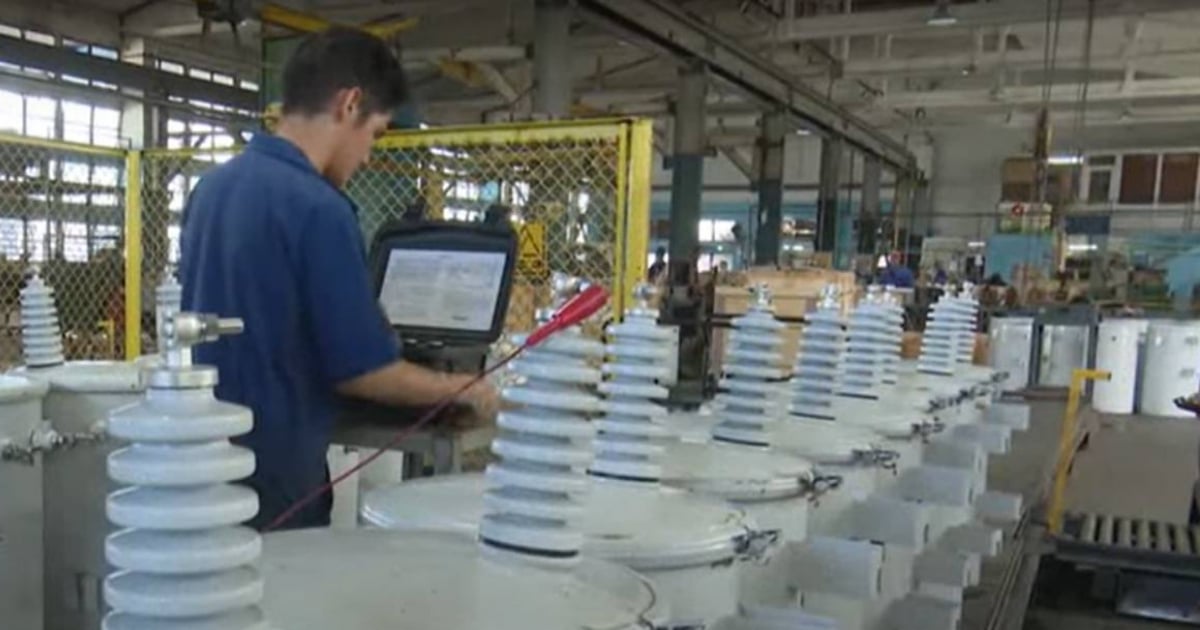Ciego de Ávila is grappling with an increasingly difficult energy situation, exacerbated by a severe shortage of transformers and the theft of more than 13,700 liters of dielectric oil across various municipalities.
The theft of dielectric oil, which is essential for insulating and cooling transformer components, has severely impacted the province's ability to handle the rising number of power outages. These issues are compounded by the country's ongoing fuel shortage and persistent breakdowns in its thermoelectric plants.
Daniel Pérez García, the general manager of Ciego de Ávila's Electric Company, revealed in a press conference that 32 incidents of oil theft had been reported across six municipalities by September.
This type of crime not only undermines the electrical infrastructure but also increases the risk of accidents and fuels other illegal activities. The stolen dielectric oil has various applications beyond its conventional use in transformers. It can be recycled as fuel for industrial furnaces, used as a lubricant in machinery, or repurposed as hydraulic fluid, making it a lucrative target for thieves.
Chronic Shortage of Transformers
Adding to the challenges is the persistent scarcity of transformers in the province. This shortage has forced the Electric Company to take drastic measures, such as replacing damaged transformers serving the population with those from state entities, thereby affecting the production and economy of these institutions.
Public Lighting Deficit
The lack of public lighting is another pressing issue in Ciego de Ávila. Complaints about inadequate illumination are frequent, and the government has admitted that an immediate solution is not forthcoming.
The Electric Company is exploring sustainable options, including the installation of solar photovoltaic parks. A project in the Grego area aims to add 21.8 megawatts to the provincial electric grid, but its implementation is contingent on foreign collaboration.
The situation in Ciego de Ávila is alarming, and while long-term solutions may be slow to materialize, the impact on the daily lives of residents is already significant.
